- 83 Posts
- 56 Comments
 03·7 months ago
03·7 months agoOkay, let me write in “Climate for President” and see how that goes.
 128·7 months ago
128·7 months agoThat factoid is vastly misinterpreted. In particular, the term “responsible for” does not mean “emitted”.
The study it’s referencing studied only fossil fuel producers. And it credited all emissions from anyone who burned fuel from that producer to that producer. So if I buy a tank of gas from Chevron and burn it, my emissions are credited to Chevron for purposes of that study.
The study is not saying that 100 companies emit 71% of global emissions. It’s saying that 100 companies produce 71% of the fossil fuels used globally.
 306·7 months ago
306·7 months agoWhy not vote and protest and consume less?
 75·7 months ago
75·7 months agoA whole lot of people hate this notion because it essentially frames it as the consumer’s fault, but at the end of the day it kind of is.
Absolutely. Producers and consumers have joint responsibility for getting us where we are. Climate action requires joint action by consumers and by (or, more likely, against) producers.
Because politicians follow the money. And they understand voters follow the money. So polls may show that legislation against fossil fuel companies is popular. But politicians look at all the gas consumers buy and ask themselves “what will voters do if we pass fossil fuel legislation and gas gets more expensive”? And then they decide not to pass fossil fuel legislation, because even if voters say they want fossil fuel legislation they know how the voters will respond if that legislation makes their consumption habits more expensive.
It’s a lot easier to pass higher gas taxes in cities where 90% of residents take public transit to work than in cities where 5% do.
I was ranting in a different thread about the “discourses of delay” that corporate and right-wing propagandists use to delay climate action. And the fascinating thing is, the idea that only individual consumption matters (the BP carbon footprint ad campaign) and the idea that only the actions of corporations matter (a typical American activist attitude) are both industry propaganda. The former is meant to discourage political action. The latter is meant to discourage individual action. And by framing it as one against the other, propagandists discourage us from taking effective action on either.
We can do both. We have to do both.

 64·8 months ago
64·8 months agoThere’s a difference between “renewable and abundant” and “infinite”.
It would take the resources of five Earths for everyone on the planet to live like an American. More solar panels aren’t going to change that.
What will bring sustainability is Americans, and other people living wealthy Western lifestyles, learning to live comfortably with fewer resources. You can be comfortable without eating beef for dinner every night. You can be comfortable living in a resource-efficient apartment instead of a sprawling subdivision. You can be comfortable taking public transit instead of owning a car, or teleworking instead of commuting daily, or having a low flow shower in your home instead of a tub.
Home ownership, car ownership, a meat heavy diet, fast fashion, disposable technology, plastic everything, are entitlements that you receive as a benefit of living in the imperial core. These are not necessities of life. You just think they are because patriotic and corporate propaganda has convinced you of it to make you a collaborator in its colonial extraction of the world’s resources.
A sustainable comfortable future doesn’t just mean improving the standard of living of the poorest in the world. It means the world’s wealthiest need to check their entitlement and learn the difference between comfort and luxury.
Yes, and, once established, a grove of trees can continue providing biomass for literally centuries. Look up coppicing.

 31·8 months ago
31·8 months ago“Poor Americans don’t deserve electricity because rich Americans are privileged and wasteful” is certainly one of the takes of all time.

 25·8 months ago
25·8 months agoYou spent a lot of paragraphs on a “dumb” argument. Sounds like, despite your insistence it doesn’t matter, it really does matter to you.
USians gonna US, I guess.

 79·8 months ago
79·8 months agoWhen you think about it, it’s kind of offensive to call ourselves (US residents) “Americans” as if in all of North and South America we’re the only country that matters.
 7·8 months ago
7·8 months agoYou might look up cohousing.
 101·8 months ago
101·8 months agoIn this case, the “who” is human biology. Humans evolved in tribes, not nuclear families.
 19·8 months ago
19·8 months agoThere’s always the “cool aunt/uncle/friend with no children who’s always available to babysit” option. Communal child rearing generally starts with extended family - those without minor children pitch in to help the adults with minor children - and you don’t need kids of your own to help out that way.
But you do kind of need a trusting relationship with those adults first, so they’ll be willing to trust you with their kids, and it’s hard to build those relationships from scratch, or rebuild them with family members if you’ve lost that trust already.
 2·9 months ago
2·9 months agoI admit it’s hard to tell. But Lemmy users aren’t a random selection of Americans - they lean white, male, urban, liberal or leftist, and significantly more technologically savvy than the average person (which is why they use Lemmy in the first place - don’t forget how many users are Reddit refugees who left because they knew enough about Reddit’s policies, and had strong enough opinions about them, to want to leave). And that demographic is quite likely to engage in, or passively benefit from, the gentrification of low income urban areas.

 161·9 months ago
161·9 months agoBut if you’re selling energy bsck to the grid, you’re using the infrastructure and they have to pay you for running your meter backwards. Even paying you a reduced rate for the energy you produce is a losing proposition for them.
It’s a bit worse than that, even. If there are too many people sending too much energy back to the grid, the grid can get overcharged and blow up. So energy companies have to dump the excess power somewhere to keep the grid stable.
There are a lot of potential solutions to this problem. (Before anyone says Bitcoin fixes this, no it doesn’t.) unfortunately, energy companies are currently taking the laziest and least efficient solution - pay business owners to run their factories uselessly in order to drain excess power from the grid, and pass the cost on to consumers.
 51·9 months ago
51·9 months agoI’d be willing to bet most Lemmy users are passive gentrifiers at best - though they’d be deeply personally offended if people (accurately) called their housing choices gentrification. Still cool image tho 😂

 3·9 months ago
3·9 months agoThe nonprofit industrial complex is a leech. At least government agencies have some level of accountability, because if they fail to solve a problem, the voters blame the politicians, and the politicians shit downhill on the agencies. Nonprofits don’t even have that minimal level of accountability. They just spend all the government money they get, write grants saying “we spent all the money you gave us doing stuff, please give us more”, and get more money.
But this is what you get when both the left and right have bought into libertarian free market ideology and agree that privatizing government services is more efficient than letting the government do its goddamn job.

 91·9 months ago
91·9 months agoPreach. I rant about the same thing all the time.
Capitalism is decentralized tyranny. If a dictator said “if you refuse to work where I send you I will starve you to death on the streets” most Americans would recoil. But capitalism says “if you do not provide enough value for the upper class, they will not give you enough tokens to exchange for food and housing, and you will starve to death on the streets”. And we just shrug and say it’s the workers’ fault for not working hard enough - because “no one is forcing you” - there’s no specific individual we can blame for starving the unwanted population to death, it’s the insensate grinding of the gears of a machine, and don’t be silly, we can’t turn off the machine, what are you, traitor?
And even with the open dictator model, many Americans would say “that just makes sense, if you don’t work you don’t eat” and cheer the dictator for putting lazy useless people to work. Just look how many people support slave labor in private, for profit prisons, and how many people want unhoused people to be enslaved in those exact same prisons. Hell, at the height of the Qanon craze something like 20% of Americans believed that Donald Trump would enact martial law and put millions of liberals in concentration camps and wanted it to happen. We’re addicted to the taste of boot.

 181·9 months ago
181·9 months agoI agree, everyone who loves liberty should oppose this law.
Unfortunately, if you are conservative and you oppose this law, in my experience you are damn near a unicorn. I’m in California and these kind of brutal crackdowns are wildly popular among conservatives - and moderates, and even wealthy white liberals. Like the article says, blaming the victims of homelessness for the homeless crisis has been incredibly effective. And most people don’t understand how corrupt the homeless industrial complex is, how little government funding actually gets to the homeless to help them, and how incompetent, abusive, and poorly run those aid programs actually are, so it’s easy to look at all the money and programs that exist on paper and blame homeless people for “refusing help”.

 132·9 months ago
132·9 months agoUnhoused people refuse help because past “help” failed them or people they know, or “help” comes with conditions that are unacceptable to them, or “help” will not solve the actual problems they have. The solution is not to force people into institutions that abuse them, neglect them, and then kick them out for failing to follow arbitrary rules.
I mean, if you have a dog, and the shelters don’t allow dogs, what do you do? What sane person would risk their dog being put down at the pound in exchange for a few weeks of housing - housing, moreover, that is demonstratively less safe than living on the street?
The solution is to improve the services available without conditions so that unhoused people feel safe in asking for those services.
There are a small number of people who genuinely cannot make decisions because they cannot comprehend reality. And those people need help, possibly involuntary help. But even then, that doesn’t mean taking them away from the people and places they know and locking them up. People blame Reagan’s deinstitutionalization of mentally ill people in the '80s for the current homeless crisis - people forget Reagan’s deinstitutionalization policy was popular because insane asylums were horrifically incompetent and abusive.
And if you see a homeless person experiencing a mental health crisis or acting irrational in public, please remember, they have no private place to go - how would you come off to the public if your worst moments had to be displayed in public? - and then ask yourself whether their actions are making you feel unsafe, or merely uncomfortable.



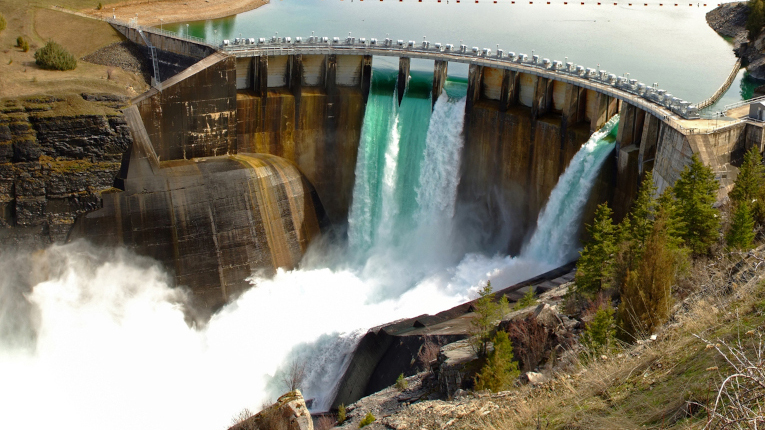

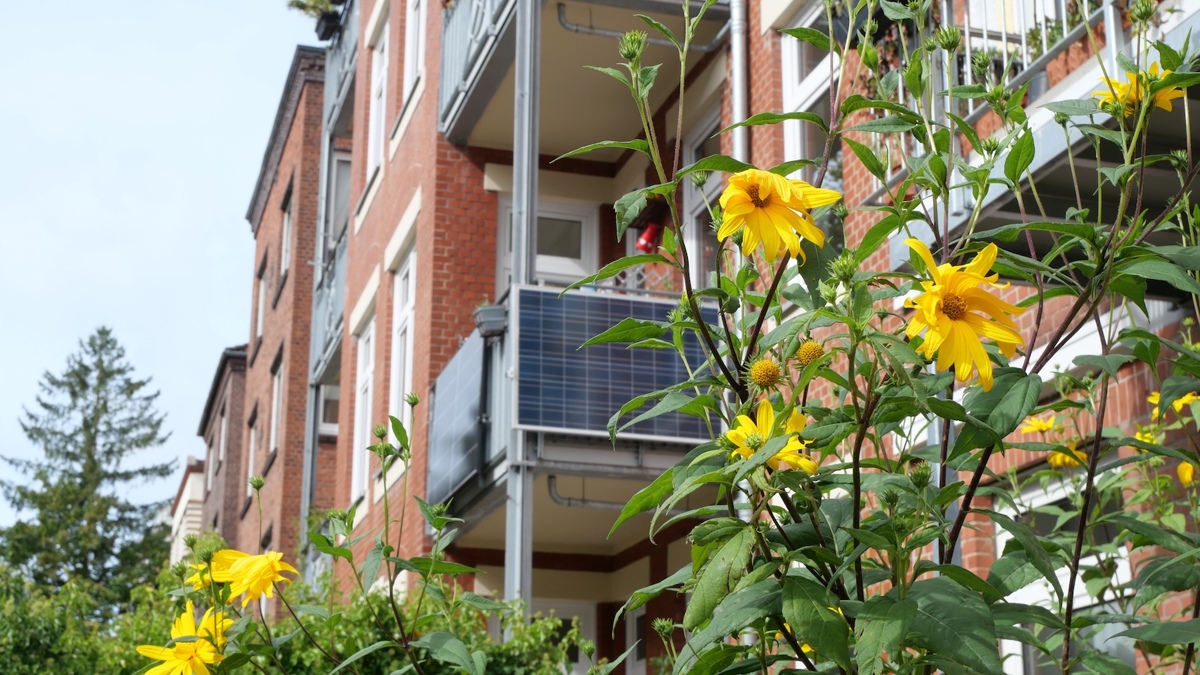




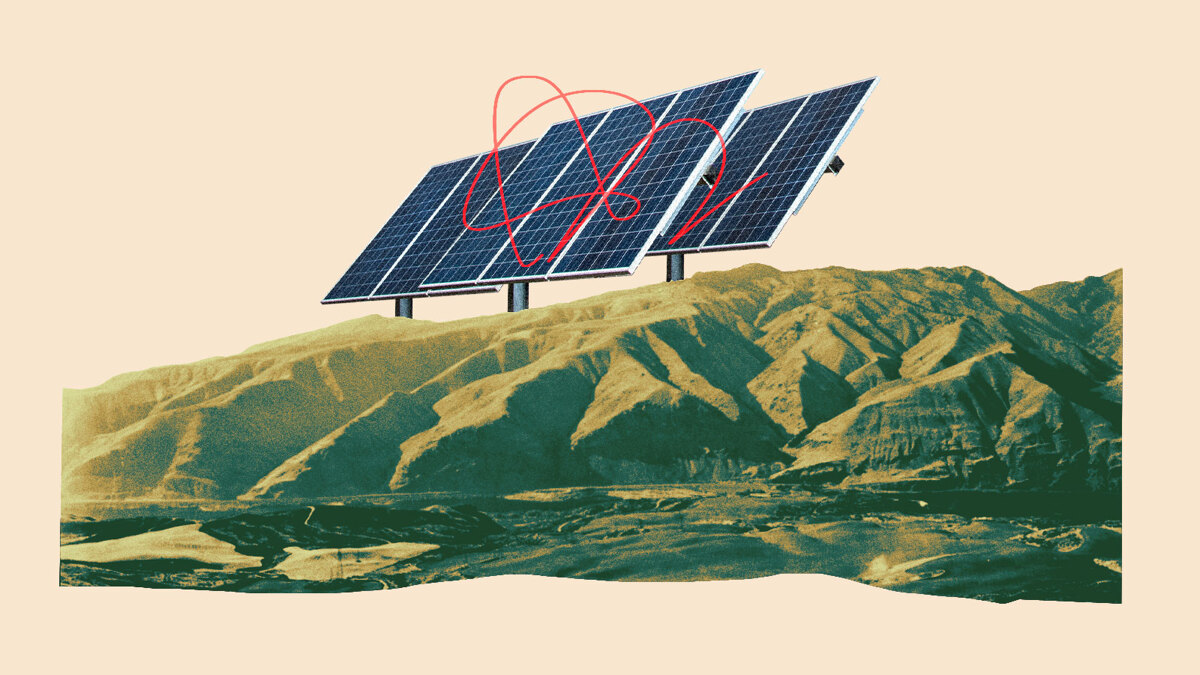
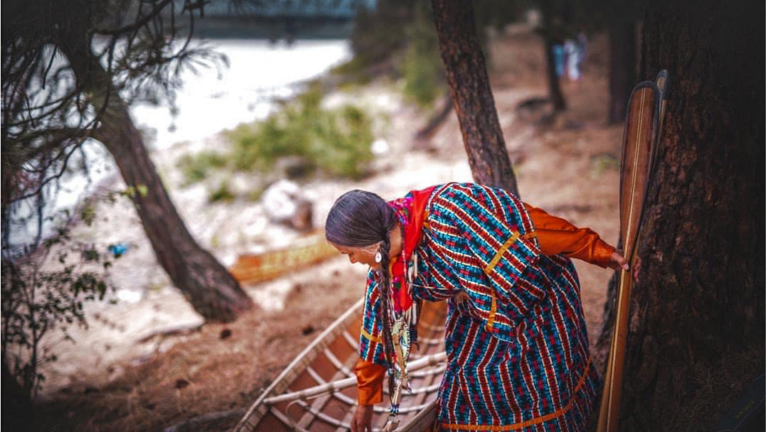

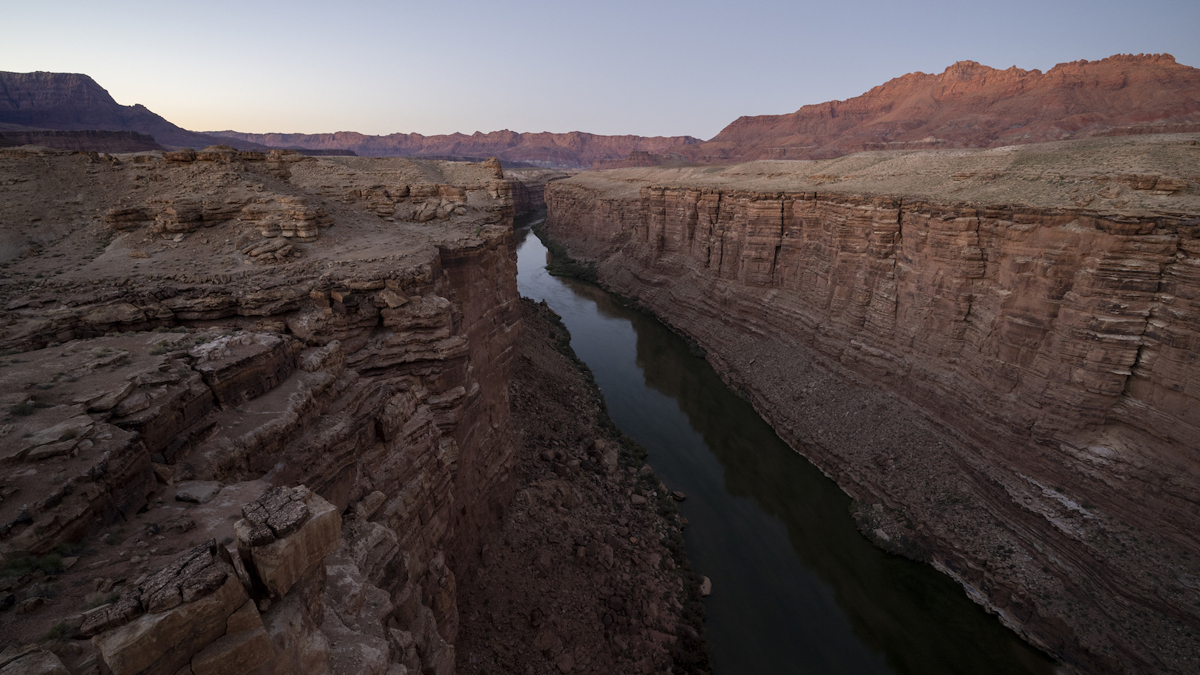
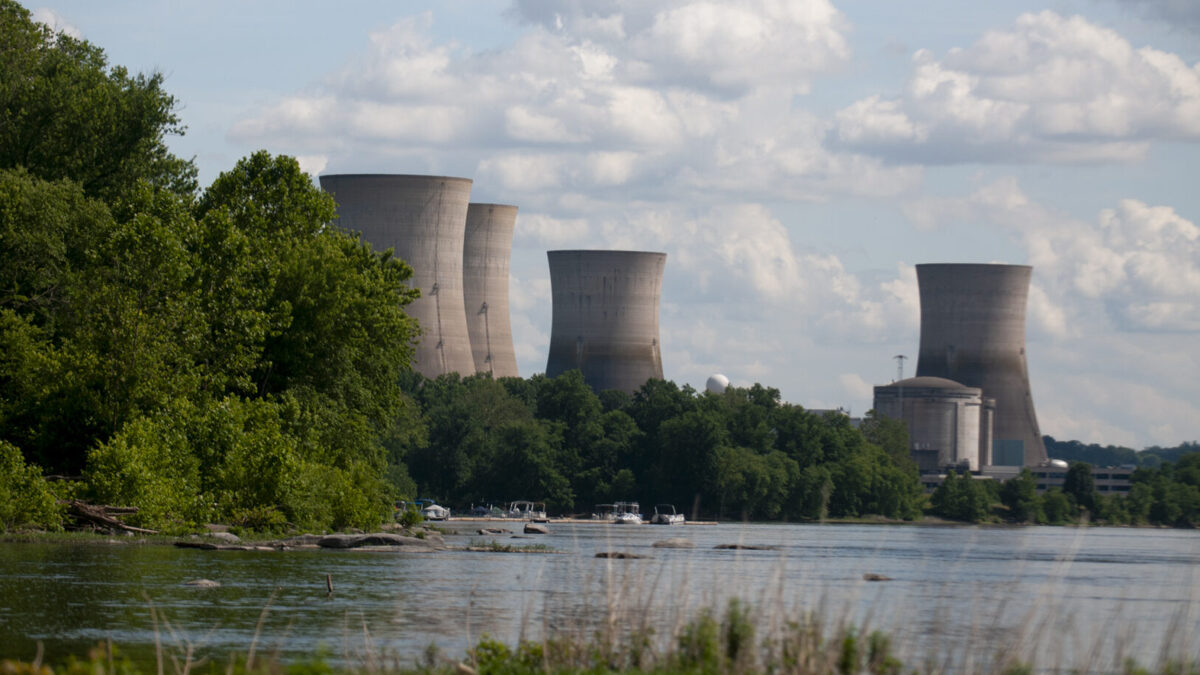

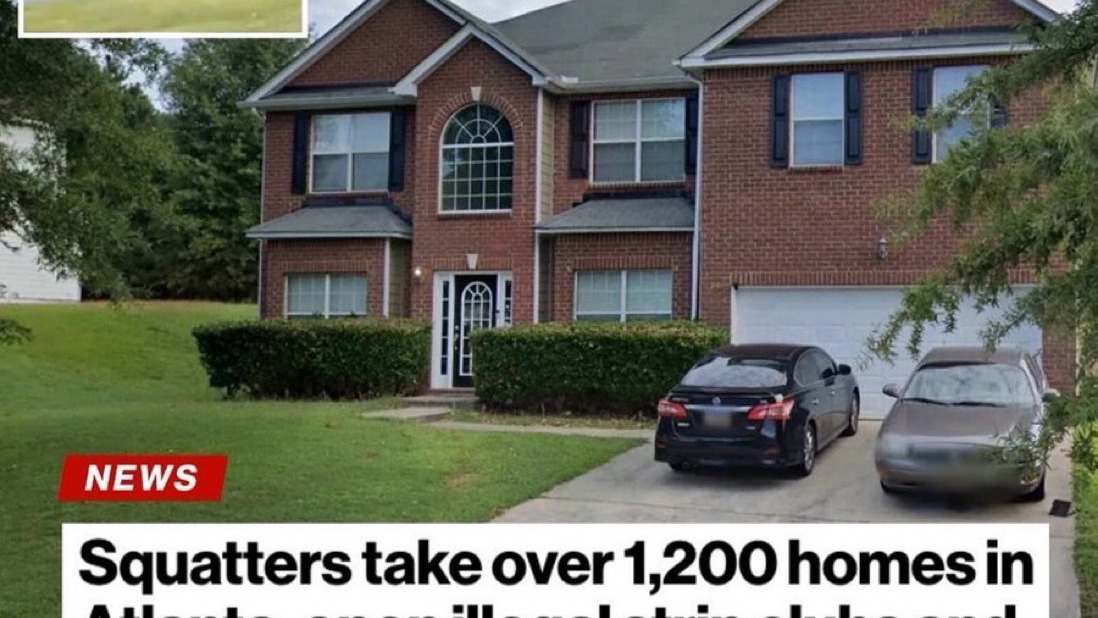
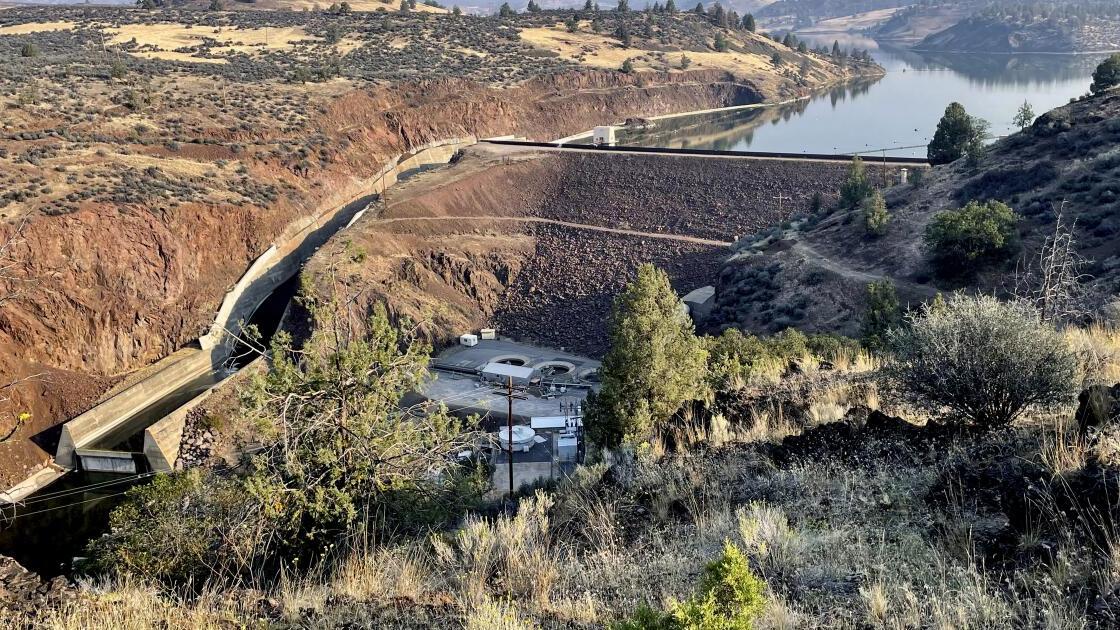

Why not try to do both?